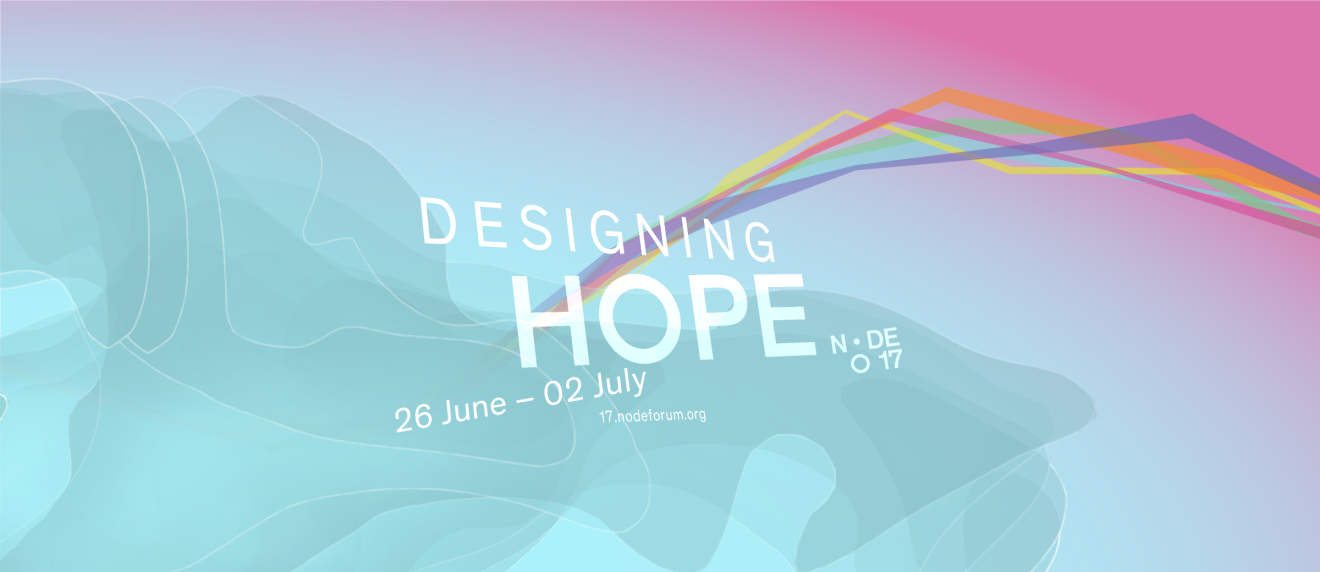
The presence of our digital societies is characterized more than ever by communication media. Today, social media in particular plays a significant role in the shaping, dissemination and implementation of opinions in the most diverse debates. With the fading of the representative publicity of classic print media, a new presentism simultaneously emerges, through which all kinds of states of mind, attitudes become a public matter for each and every one. More than a mere exchange of views, it is about the production of a social climate, in which moods and emotional states often determine the way our society designs itself for its future (but also the past).
Since the beginning of the millennium, we have been confronted with social conditions that have abetted the vague feeling of a ubiquitous threat and alertness, or, in short, a diffuse anxiety. Terrorist attacks as well as the corresponding security measures have contributed to the fact that foresight is clouded by the ongoing fear that even unforeseeable things have not been anticipated in time. Thus, a natural uncertainty of the future is mainly reflected in medialized anxiety scenarios of comprehensive catastrophes. The design of the future is driven by a concern for the preservation of present conditions. Hope, at best, has become the confidence to continue with the previous and prevent impending dystopias in the last second. Utopias of a better society, however, seem to have become too risky. The status quo worries about its loss.
On the other hand, if we want to succeed in breaking the spell of this uncertainty, we need a redesign of our media-based expectations. Nowadays, if we are talking about future speculations, the image of derivative financial products, medical precautions, or even military preemptive strikes arises all too easily. However, the really speculative moment is lost: to connect the future with the hope that things can also take a turn for the better through unexpected events. Anything but a belief in miracles or superstition is the principle of hope: to allow the future its own right to be something else than the eternal return of the present.
The present problem, condensed in this anxious repetition compulsion, is the total colonization of the future – through a design of fear. Therefore we should no longer be afraid of the future, but rather for the future. To perceive this difference already gives hope for the future. There is and will be no future – unless we design hope.